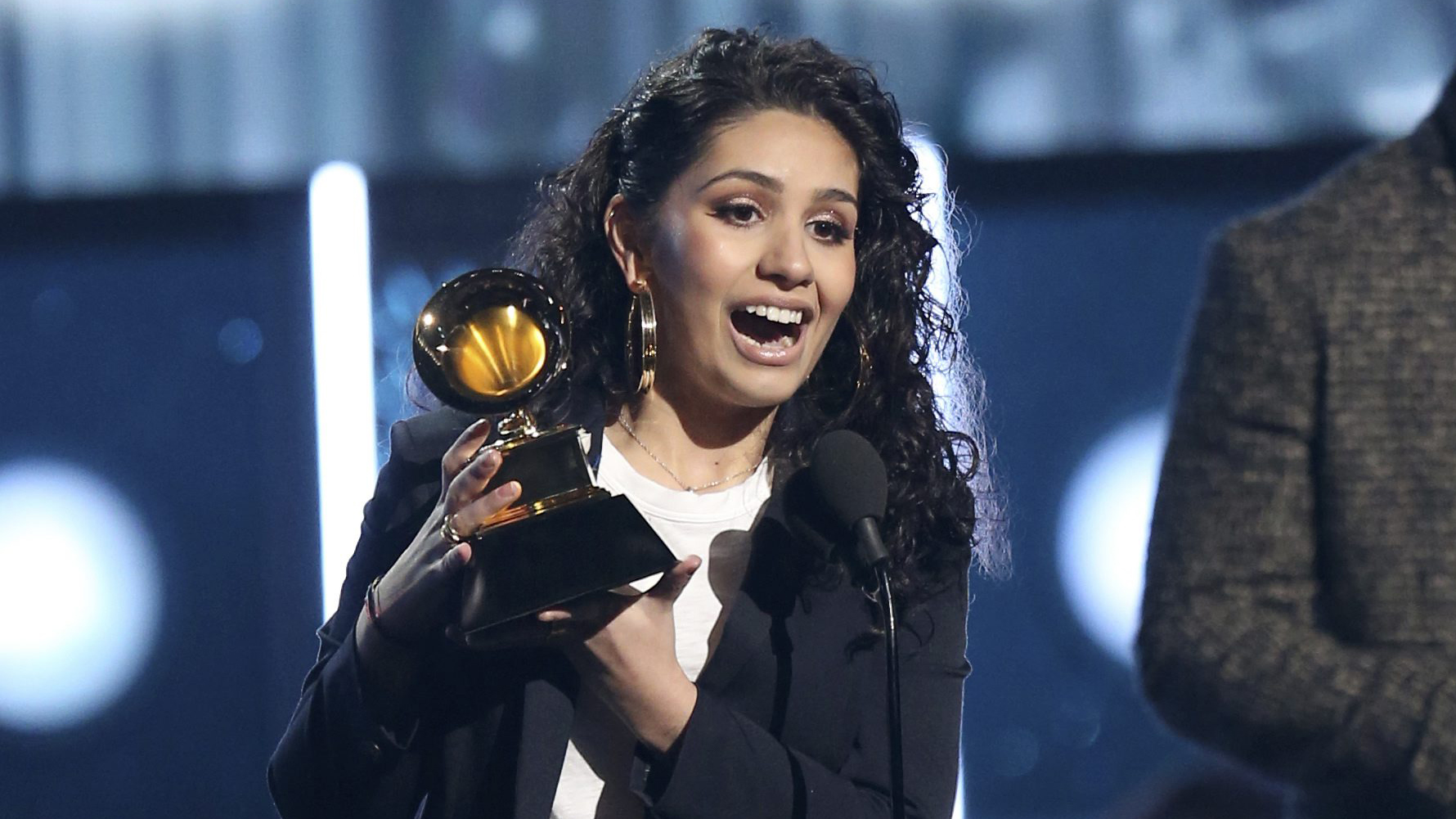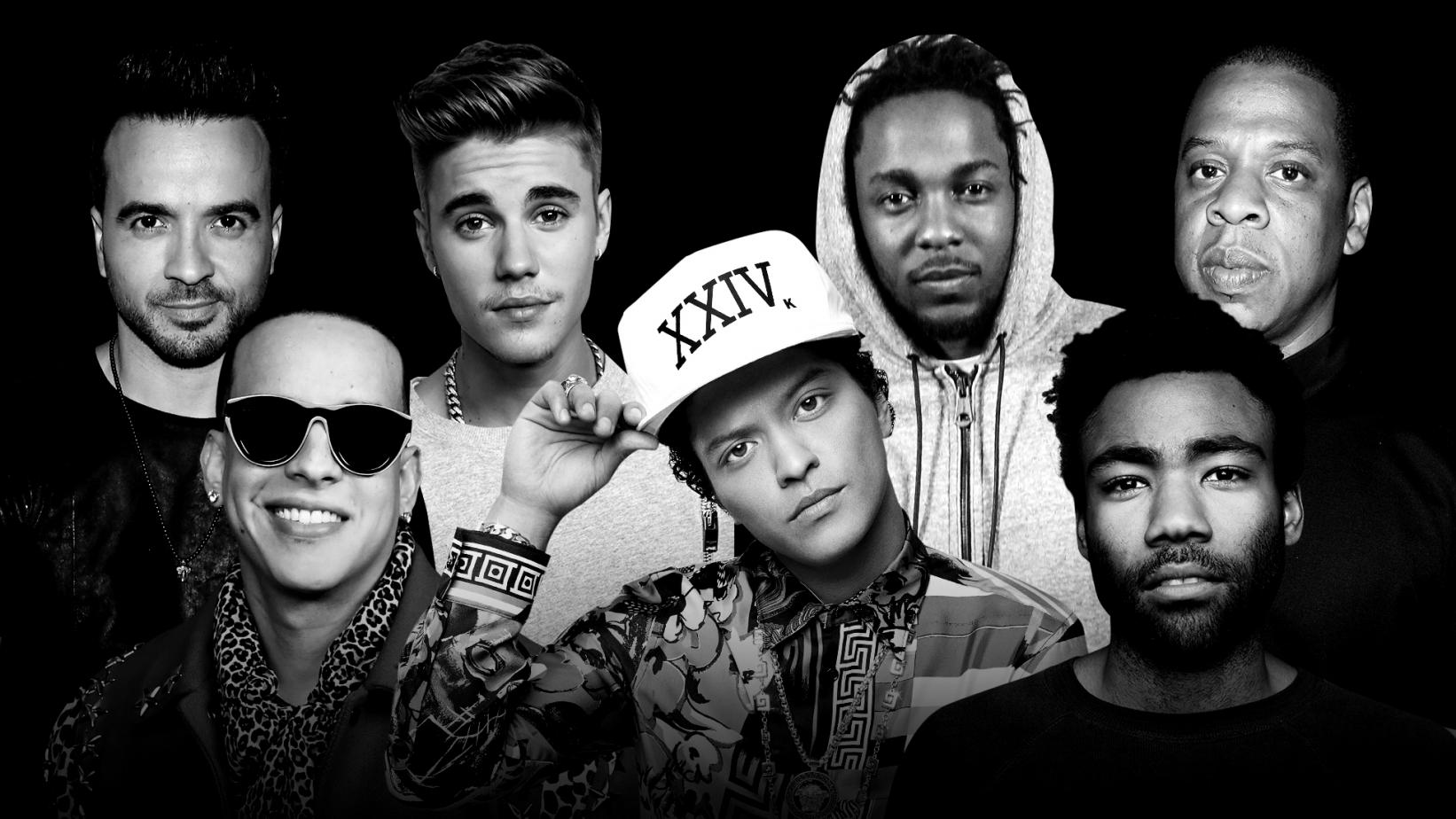Imagine: the exhilarating moment when they announce your name, and your facial expression explodes into a combination of shock and pure happiness.
Taylor Swift, who is sitting to your left, embraces you in the warmest of hugs. The camera captures your walk of pride as you make your way to the stage. You see Beyoncé’s beaming smile in the front row. The room is bursting with applause.
Winning a Grammy fulfills the ultimate dream for many in the music industry, when an artist is finally awarded one of the most esteemed forms of recognition for the art they created.
There are a number of Grammy award categories, all of which showcase the diversity of genres and styles present in the music world, and winning any one of them warrants the highest of musical honors. However, a couple awards stand out from the rest.
These highly anticipated, major Grammy awards are best new artist, song of the year, record of the year and album of the year. And at the 2018 Grammy Awards in January, the nominees and winners for these awards were, you guessed it, predominantly male.
Let’s take a look at record of the year. The five nominees were “Redbone” by Childish Gambino, “Despacito” by Luis Fonsi and Daddy Yankee ft. Justin Bieber, “The Story of O.J.” by Jay-Z, “Humble” by Kendrick Lamar and the winner, “24K Magic” by Bruno Mars. All great songs, all talented and deserving artists.
But where are the women? Although the racial diversity of the group is extremely admirable, the gender diversity is nonexistent.
The women nominated for the other three major categories were few and far between, and the only female who took home a major award was Alessia Cara, for best new artist.

This male dominance of major awards is unacceptable in a field where there are so many talented females that produce art of the same or greater caliber when compared to their male counterparts.
In light of this, the Grammy Awards decided to reconfigure their regulations to make nominations more representative of the music industry; the four major categories will now have eight nominations instead of the usual five.
Receiving a Grammy nomination is in itself a tremendous accomplishment, and I think that creating the opportunity for more artists to have their work recognized at this level is an immense improvement to the current system overall.
After all, there is such a massive amount of incredible music composed every year. More of it deserves to be widely recognized.
When considering the gender diversity issue, however, it is unclear whether this amendment will actually induce change. This could just be an opportunity for the Grammy voters to nominate more male artists, leaving the females underrepresented once again.
And then there is also the larger question at hand: In a world full of talented female musicians, why haven’t more been able to break the glass ceiling of those five original nominees? Many female artists are definitely more than qualified, yet the recognition of male artists is prioritized.
It seems like women always have to carve out new spaces for themselves, because the spots that already exist are so established in the male dominance of society. This is needs to change.
So, to all my female artists out there: Keep fighting. We see the inspiring, extraordinary art you are gifting the world. Hopefully they will see it soon, too.

















